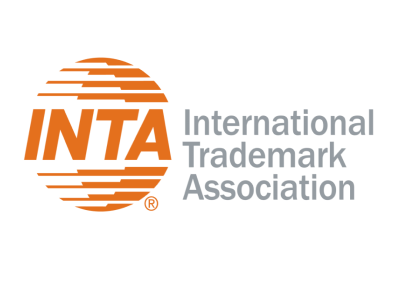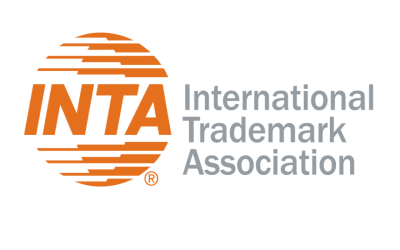New York, New York — June 18, 2024 — The International Trademark Association (INTA) has filed an amicus brief with the US Court of Appeals for the Ninth Circuit in Yuga Labs, Inc. v. Ryder Ripps, Jeremy Cahen, No. 24-879, a case considering whether non-fungible tokens (NFTs) are “goods” for purposes of Section 1125(a), the unfair competition provision of the Lanham Act.
In this case, Appellants/Defendants Ryder Ripps and Jeremy Cahen distributed allegedly infringing NFTs utilizing Appellee/Plaintiff Yuga Labs’ BORED APE YACHT CLUB family of trademarks.
In opposing Yuga Labs’ motion for summary judgment on its false designation of origin claim, the defendants defined NFTs solely as software tokens and argued that NFTs are, therefore, ineligible for trademark protection because they are intangible goods. Thus, the defendants argued that Yuga Labs had no valid trademark rights to enforce. In support, the defendants noted that the United States Patent and Trademark Office (USPTO) had rejected Yuga Labs’ applications to register several of its trademarks because NFTs are not goods in trade. The defendants further argued that the US Supreme Court has required tangibility for trademark protection under Dastar Corp. v. Twentieth Century Fox Film Corp., 539 US 23, 27 (2003).
The district court rejected the defendants’ arguments, citing the Southern District of New York’s decision in Hermès International v. Rothschild, 590 F. Supp. 3d 647, 655 (SDNY 2022), which stated that Dastar did not rule on whether the Lanham Act covers intangible goods and instead found that NFTs qualify as goods under the Lanham Act.
INTA filed an amicus brief in support of the appellee/plaintiff, arguing that the Lanham Act extends protection to the use of marks in relation to NFTs and intangible goods because:
- The Lanham Act refers to the registration and use of trademarks in relation to any goods or services without limiting definition;
- The case law, including the Supreme Court’s decision in Dastar, supports the finding that the NFTs at issue and intangible goods generally are protected by the Lanham Act; and
- The Lanham Act focuses on consumer perception and the meaning of trademarks to consumers, and, as the district court noted, consumers associated Yuga Lab’s trademarks with the underlying assets and benefits it offered.
Read INTA’s previously released white papers on Trademarks in the Metaverse and NFTs.
You may also like…
EUIPO and UANIPIO welcome the integration of Ukraine’s trademarks into TMview
The European Union Intellectual Property Office (EUIPO) and the Ukrainian National Office for Intellectual Property...
Jägermeister succeeds in opposing the EU trademark application Alten Kräuterfrau for alcoholic beverages
Mast-Jägermeister SE filed an opposition on the grounds of Article 8(1)(b) – likelihood of confusion between the signs...
INTA’s Brand & New podcast wins prestigious w3 Award for “Inside the Dupe Revolution” series
New York, New York—October 14, 2025—The International Trademark Association (INTA) is proud to announce that its...
Contact us to write for out Newsletter













